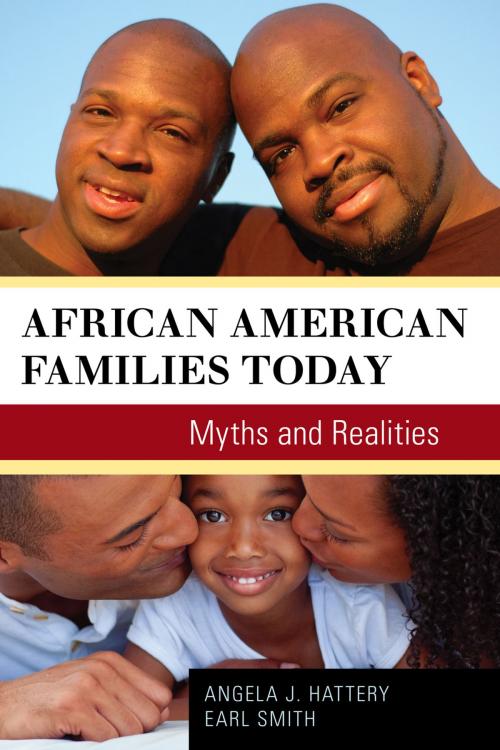African American Families Today
Myths and Realities
Nonfiction, Social & Cultural Studies, Social Science, Cultural Studies, Minority Studies, Discrimination & Race Relations, African-American Studies| Author: | Earl Smith, Angela J. Hattery | ISBN: | 9781442213982 |
| Publisher: | Rowman & Littlefield Publishers | Publication: | October 18, 2012 |
| Imprint: | Rowman & Littlefield Publishers | Language: | English |
| Author: | Earl Smith, Angela J. Hattery |
| ISBN: | 9781442213982 |
| Publisher: | Rowman & Littlefield Publishers |
| Publication: | October 18, 2012 |
| Imprint: | Rowman & Littlefield Publishers |
| Language: | English |
From teen pregnancy and single parenting to athletics and HIV/AIDS, myths about African American families abound. This provocative book by two acclaimed scholars of race and ethnicity debunks many common myths about black families in America, sharing stories and drawing on the latest research to show the realities.
African American Families Today examines the wellbeing of African American families around topics including marriage, health, education, incarceration, wealth, and more. Authors Angela J. Hattery and Earl Smith show that even though the election of the first African American president, Barack Obama, has been symbolically important for African Americans, his presidency has not had a measurable impact on the daily lives of African American families. As the book shows, racial inequality persists—we’re clearly not in a “postracial” society.
From teen pregnancy and single parenting to athletics and HIV/AIDS, myths about African American families abound. This provocative book by two acclaimed scholars of race and ethnicity debunks many common myths about black families in America, sharing stories and drawing on the latest research to show the realities.
African American Families Today examines the wellbeing of African American families around topics including marriage, health, education, incarceration, wealth, and more. Authors Angela J. Hattery and Earl Smith show that even though the election of the first African American president, Barack Obama, has been symbolically important for African Americans, his presidency has not had a measurable impact on the daily lives of African American families. As the book shows, racial inequality persists—we’re clearly not in a “postracial” society.















